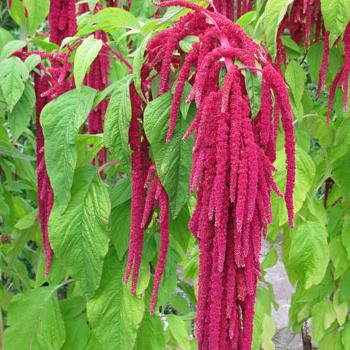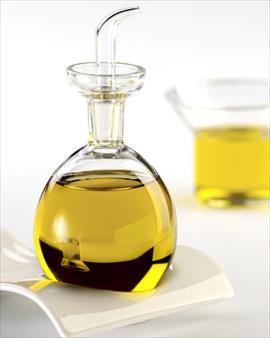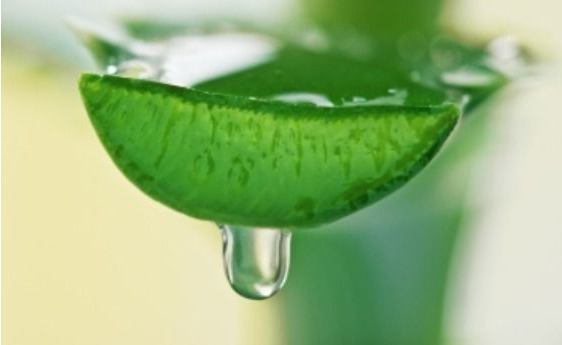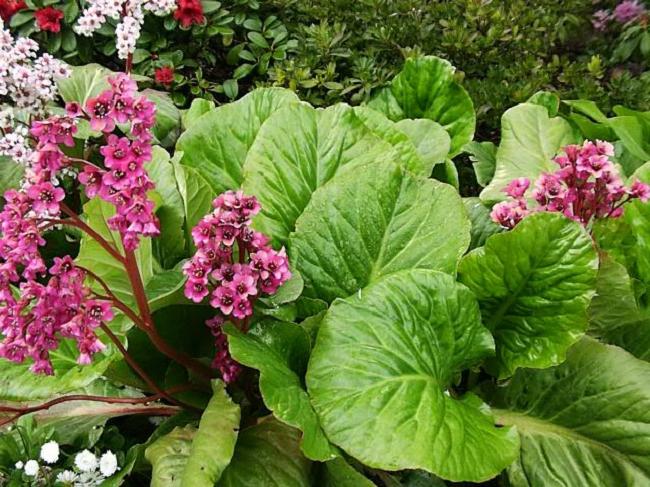 Amaranth is a perenniala herbaceous plant that is grown, usually in the tropical and subtropical climatic zones (Asia, Africa and America). In total there are about 80 species of amaranth. He is mostly green with a purple color, but there is also a red-green with yolk. The stems of this ornamental plant reach up to one and a half meters.
Amaranth is a perenniala herbaceous plant that is grown, usually in the tropical and subtropical climatic zones (Asia, Africa and America). In total there are about 80 species of amaranth. He is mostly green with a purple color, but there is also a red-green with yolk. The stems of this ornamental plant reach up to one and a half meters.
Amaranth. Healing properties
This plant became known not only thanks toits wonderful properties, but also for the fact that you can eat absolutely any part of the flower, whether it is a stem, seeds or leaves. The main pride of this flower is a high protein content (superior to wheat and soy), as well as the presence of essential amino acids such as palmitic, stearic, linolenic and oleic acids. The therapeutic properties of amaranth are also due to the vitamin D, E, group B, as well as serotonin, squalene, choline and xanthine. As for the leaves of this beautiful flower, they are used for lack of vitamin P, hemorrhoids, radiation injuries, as well as hypertension, since it has a high level of carotenes. Also, leaves can treat diseases of the cardiovascular and nervous systems, colds. He also helps with problem skin.

Such therapeutic properties of amaranth are due tofiber, vitamins A and C, substances such as manganese, iron, zinc and magnesium. For those who are fond of raw food, seedlings of amaranth seeds are great. They are a good tool in the prevention of cancer, diabetes, overweight, as well as male and female diseases (impotence, frigidity). Seeds can be eaten separately or added to salads and soups.
Amaranth oil. Contraindications and benefits of the product
Get this most useful product of amaranth fromseeds of the plant by pressing. Due to 8% fat, vitamin E is gaining an unprecedented strength, and there is no risk of overdose. The healing properties of amaranth in this product showed up as never before.

Vitamin E strengthens the walls of blood vessels and promoteswithdrawal of cholesterol from the blood. Normalization of cholesterol metabolism, as well as maintenance of immunity, is provided by squalene. This substance also helps in the treatment of skin diseases. Getting into the blood, squalene helps the body to recover and eliminate such tissue damage as psoriasis, eczema, ulcers and the like. The therapeutic properties of amaranth will help with tuberculosis, all types of hepatitis, heart attack, stroke, atherosclerosis, hypertension and angina. Decoctions of amaranth leaves will cope with insomnia, increase the amount of milk in nursing mothers. Also, folk medicine found the use of amaranth for erosion of the uterus, periodontitis, cataract and joint pain. As for contraindications, you should be careful. Oil and the plant itself in any form can not be used by patients with urolithiasis and cholelithiasis, as well as with cholecystitis and pancreatitis, and also with individual intolerance of the product.
By including this product in your diet, you can forget about tablets for a long time and strengthen your health!
















